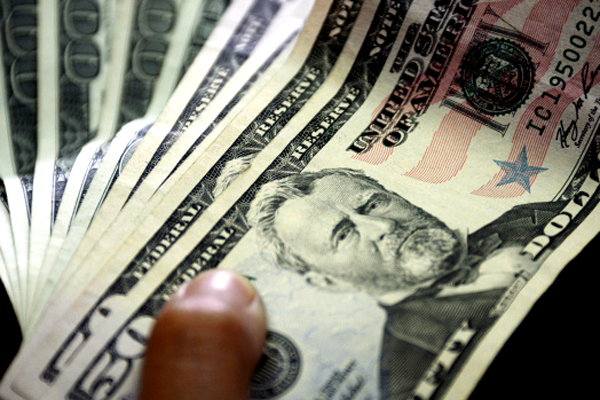
The increase in premium on cash is a result of a huge number of deposits being locked up in the real time gross settlement system (RTGS) in the central bank and banks.
BY TATIRA ZWINOIRA
Speaking to guests at the Confederation of Zimbabwe Industries Economic Outlook Symposium yesterday in Harare, economist and academic, Tony Hawkins said the real problem was money is not moving within the RTGS system, forcing companies to offer huge discounts for purchases using cash.
“Three examples of the cash premium that have come to my mind is, the first one, importing wine at a cash discount of 15%; Secondly, there was someone going to the optician not to buy anything, but just to have his eyes checked at a cash discount of 40%; Lastly, there was someone buying tiles for a kitchen in Msasa yesterday at 50%, a cash discount against the bank card,” he said.
“It is not the bond note that is problem. It is what I call “Mangudya money” or RTGS money or whatever you want to call it, which you cannot get in the system. The deposits are our money, but apparently, the Reserve Bank of Zimbabwe (RBZ) and banks feel that they can use it any way they want. Now, there is less than $70 million in the system.”
Hawkins said it was now difficult to see United States dollars on the back of an increase in smaller denominated bond notes.
“A few years ago, we had as many dollars as there was RTGS money or Mangudya money. Now it is $1 for every $14 locked up in RTGS money,” he added.
In light of the growing foreign currency shortages due to hold-ups from banks, companies have been resorting to offering huge discounts for customers buying using cash.
- Chamisa under fire over US$120K donation
- Mavhunga puts DeMbare into Chibuku quarterfinals
- Pension funds bet on Cabora Bassa oilfields
- Councils defy govt fire tender directive
Keep Reading
This practice has been happening in the retail and manufacturers sectors as well as mobile money through agents.
RBZ recently said it only redistributes between 25% and 30% of the foreign exchange it gets, while the rest was being held up by banks.
On Wednesday, the export capacity thematic working group team leader, Salie Khan, said discussions with the central bank governor, Mangudya revealed that banks could be contributing to the foreign currency shortages.
“In discussions, which we had with the RBZ governor, he told us that banks were weighing options as to what would be the best way to make money. So they may not issue out funds for exporters and manufacturers depending on their options,” he said.
Khan was speaking at the Ease of Doing Business Using the Rapid Results Approach for the Export Sector workshop.
Economist and academic, Ashok Chakravarti said a research he conducted on RBZ, ministry of Finance and Zimbabwe National Statistics Agency found that there was about $232 million in United States dollars, which excludes the informal sector, in nostro accounts and hard cash.
He said there was an estimated $6,2 billion in deposits by the end of 2016, which showed little-to-no movement.











